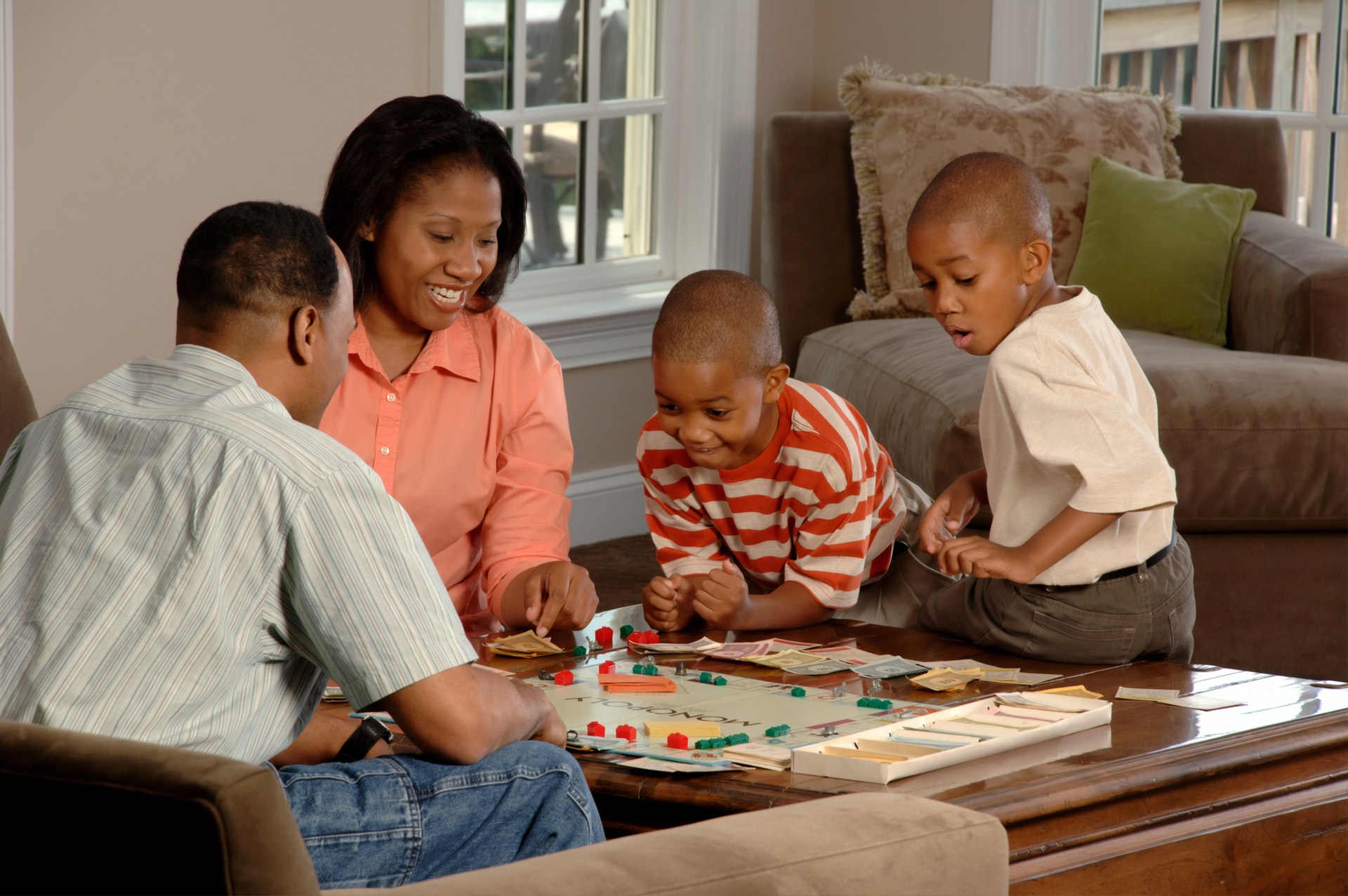Humor is important for children because being able to tell jokes and laugh with others helps them interact and make friends. Unfortunately, children diagnosed with autism spectrum disorder (ASD) tell significantly fewer jokes than their typical peers. Not being able to understand humor or inspire laughter in others can negatively affect the development of peer relationships and social participation. In children with ASD, this could lead to a further deterioration of social skills and interpersonal relationships.

Studies have found that using jokes or teaching humor and laughter to children diagnosed with autism can improve social skills and relationships with peers (Derks & Nezlek, 2001; Martin & Yip, 2006).
Children with autism and special needs, particularly those with social or communication delays, may need more direct instruction in the skill of joke telling and the understanding of idioms. Because children may not make the connections needed to sometimes understand the abstract language that can make a joke funny, it is important to use visual tools and concrete examples to demonstrate how jokes and idioms are constructed.
Video modeling is a great way to target social awareness and understanding. Years of research support it’s effectiveness and ease of use in therapeutic settings for children with ASD. By watching videos of appropriate interactions of age-related peers, children are able to highlight and dissect each social scenario before engaging with peers. Social Skill Builder’s My School Day CD and My School Day App use video modeling to teach understanding of the differences between laughing AT someone versus laughing WITH someone. This is an important distinction to make for children, because they both have such different social intents and meanings. Children who cannot understand the differences may increase their chances of being teased and bullied because they are unable to avoid those types of situations or interactions.
Once the child gains better understanding, usage and confidence in controlled environments, they can then begin to work with common age peers. Social groups, made of kids on the spectrum and their nuero-typical peers, are great forums to start practicing on all aspects of humor. By watching videos together, all the children are able to share a common vision in which they can discuss, reenact, and problem solve together.
In this selection we discuss teasing versus enjoying a joke together.
Simple Strategies to Expand Your Child’s Sense of Humor
Its important to experiment with positive and appropriate jokes, trying them out at home and perhaps even memorizing a few that are appropriate to tell in social environments.
Look into visual humor: Use cartoons, comic books and slapstick comedy to demonstrate what is considered funny, making sure to remind them that the images shown are unrealistic and should not be duplicated.
Memorize one or two jokes: Knock-Knock jokes are a great place to start. The examples should always include the differences between a good-natured joke and doing something that can hurt someone’s feelings.
Teach idioms: Gradually expose your child to idioms and explain their meaning. Use tools such as videos or flashcards to help them develop a better understanding of these complex statements.
Train your child to seek clarification when they are confused: Idioms are ambiguous and often leave children with ASD confused or accepting the statement as fact yet denying the possibility.
Practice, practice, practice: For children with autism, humor is an ever evolving and developing skill. Have fun developing your child’s sense of humor; a family that laughs together, has less stress and grows together in amazing ways.
Making an effort to add humor to daily activities and giving your child the opportunity to recognize the funny in the every day will allow him or her to practice and develop a more sophisticated sense of humor in time.
As children get older, the ability to see and understand humor is increasingly important. Children with a sense of humor are better liked by their peers, and have more friends, higher self-esteem, and a more positive outlook on life. Perhaps most importantly, they can be more tolerant of others, and are better equipped to handle situations at school and the inevitable teasing and bullying that often accompanies childhood.
Jennifer Jacobs, MS, CCC-SLP, and Laurie Jacobs, MA, CCC-SLP, are co-founders of Social Skill Builder, a company launched in 1999 to provide computer-based tools for teaching social skills to children affected by Autism Spectrum Disorder (ASD). Laurie, along with her sister and co-founder Jennifer, develops software and social apps for preschool through high school cognitive ages based on the unique needs of the ASD community.
Visit www.socialskillbuilder.com for software demos, find the Social Skill Builder App on iTunes, and look for our free instructive online videos at www.youtube.com/socialskillbuilder. Find us on Facebook at www.facebook.com/socialskillbuilders, or email info@socialskillbuilder.com for more information.
References
Derks, Peter & Nezlek, John B. “Use of humor as a coping mechanism, psychological adjustment, and social interaction.” Humor 14.4 (2001): 395-414.
Martin, Rod A. & Yip, Jeremy A. “Sense of humor, emotional intelligence, and social competence.” Journal of Research in Personality 40.6 (2006): 1202-1208.





